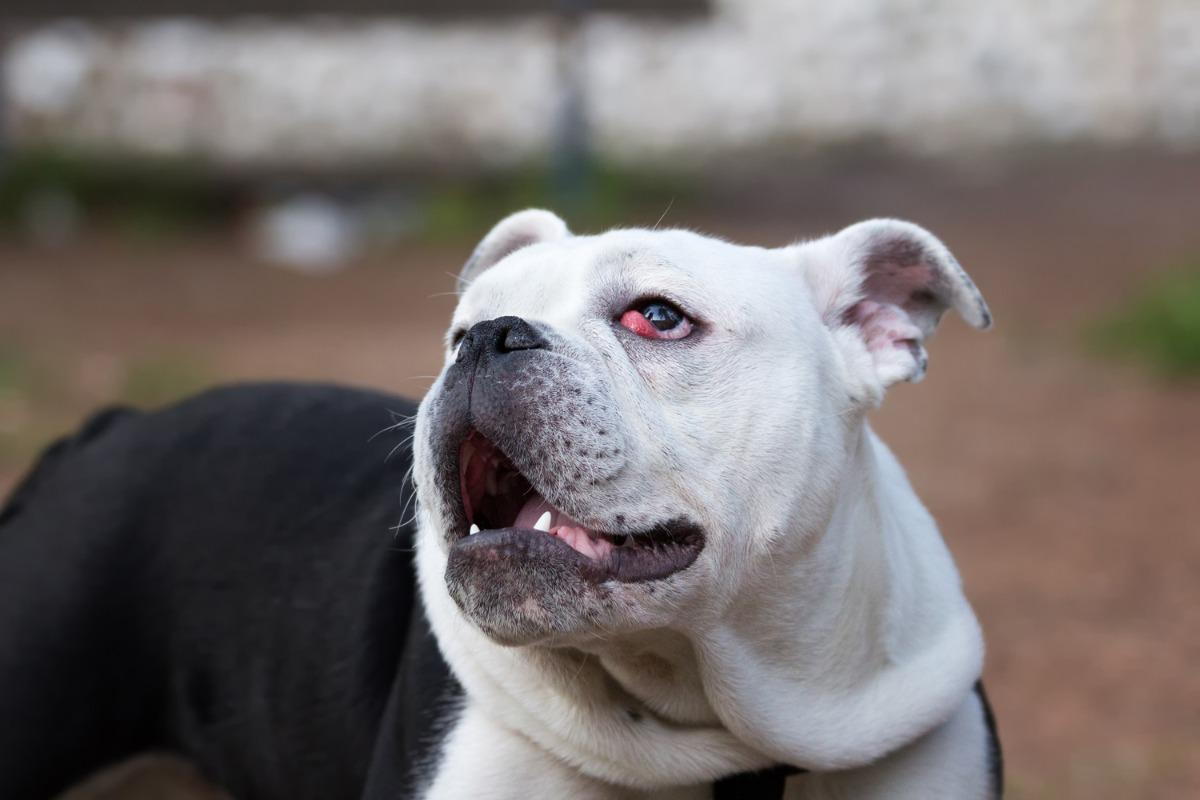
Pet Eye Infections
We watch over our furry friends as we would our children, because they can't tell us where it hurts. When our pets aren't feeling well, they lie quietly, don't eat much, and don't play like they usually do. When eye infections occur, the first thing we notice is that the eye weeps or has a cloudy film over it. The veterinarians at The Village Vet in Baltimore would like for you to know these signs of an eye infection and what you should do.
Causes of Pet Eye Infections
The technical names are conjunctivitis and dry eye for dogs and uveitis for cats. Conjunctivitis is the swelling of the lining of the eyelids and eyeballs. It's caused by bacteria, fungus, or a virus. Allergies and tumors can also cause it. Watering eyes and a milky discharge are the signs your dog has conjunctivitis.
If your cat gets eye infections, then get your pet a vaccination for feline chlamydia. It will prevent future pet eye infections.
Dry eye is when the eye and eye tissues dry up and become inflamed. It's caused by illnesses involving the tear ducts, distemper virus infection, some medications, and underactive thyroid glands. A few breeds that suffer dry eye include spaniels, pugs, and terriers.
Uveitis is when the colored part of your cat's eyes become inflamed. It's serious and can cause your cat to go blind. It's caused by diseases like herpes, leukemia, fungus, and worms. You'll notice pet eye infections when they have watery eyes, milkiness over the eyeball, redness or irritation over the eye, and small pupils in the eye. Get your pet to your veterinarian immediately.
What Pet Owners Should Know About Eye Infections
Pet eye infections are serious and can lead to further health problems. These infections are curable and should be treated immediately by your veterinarian who will treat the source of the infection as well as its symptoms. In addition to the dog breeds listed above, pet owners should know that cats with no hair are more susceptible to eye infections.
Pet eye infections can be prevented. Keep your pet's immune system healthy by asking your veterinarian how it can be done. Keep your pet’s play and sleeping area as clean as possible. Wipe their face and eyes down when your pet returns from the outside to catch anything that might not belong there.
Keeping your pet on a healthy diet with plenty of exercise for a healthy weight will go far toward the prevention of infections. If you have more questions about pet health, in general, The Village Vet in Baltimore is here to help. Contact us today for more information or to set an appointment for your furry friend.

